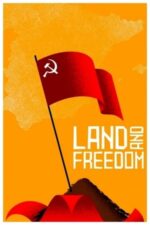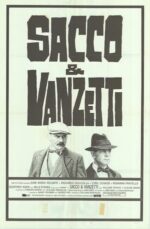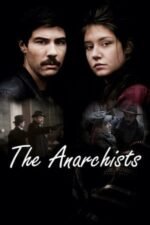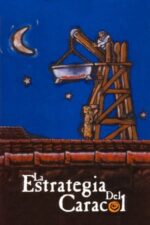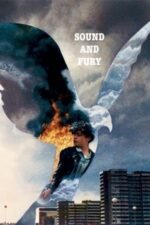Beyond Order: Exploring Anarchy on Film – It’s Not Always What You Think!
Okay, let's talk about anarchy. Now, before you picture masked figures smashing windows (though we will get there!), I want you to think a little deeper. When we discuss anarchism in film, it’s rarely just about chaos and destruction. More often, it’s about questioning authority, celebrating individual freedom, and challenging the very structures that govern our lives – sometimes with hilarious results, sometimes with devastating consequences.
I've always been fascinated by films that poke at the edges of societal norms, and those exploring anarchist themes do exactly that. It's a surprisingly rich vein in cinema, spanning decades and genres. Think about it: what is art but a rebellion against convention?
Take "Sons of Norway," for example. It’s not a film about blowing up buildings (though Magnus, the father, certainly has a free spirit!). Instead, it's about a man championing individuality within a suffocatingly conformist community. He’s essentially an anarchist in his approach to parenting and life – believing in letting Nikolaj forge his own path, even if that clashes with societal expectations. It’s a gentle rebellion, but powerful nonetheless. I remember seeing this film years ago and being struck by how subtly it challenged the idea of what "normal" should look like.
Then you have something completely different, like “November.” This isn't your typical political screed; it's about taking performance out of the theater and into the streets, disrupting everyday life with provocative art. Alfredo’s troupe is essentially creating a temporary anarchist zone – a space where traditional rules don’t apply, and audience participation becomes mandatory. It’s exhilarating and unsettling all at once! It reminds me a little of those guerilla theatre groups that popped up in the 80s - always pushing boundaries.
"Eros + Massacre" takes things even further back, examining the life of Japanese anarchist Sakae Osugi. The film beautifully weaves his personal relationships with his political beliefs, showing how deeply intertwined they were. It’s a reminder that anarchism isn't just an ideology; it's a way of living, a commitment to radical self-determination.
Now, let’s acknowledge the films that lean into the more… kinetic side of things. "The Violent Four" and “Dangerous Encounters of the First Kind” certainly aren’t advocating for anarchy, but they explore the consequences of rejecting societal control – even if it's through criminal activity. They show us how easily frustration with systems can boil over into something destructive.
Ultimately, films exploring anarchist themes offer a vital space to examine our own assumptions about power and freedom. They challenge us to ask: what does it truly mean to be free? And are we willing to fight for it – even if that means disrupting the status quo?
What do you think? Any other films that come to mind when you consider this theme? I'd love to hear your thoughts!

























